- Why is it worth studying dentistry at our University?
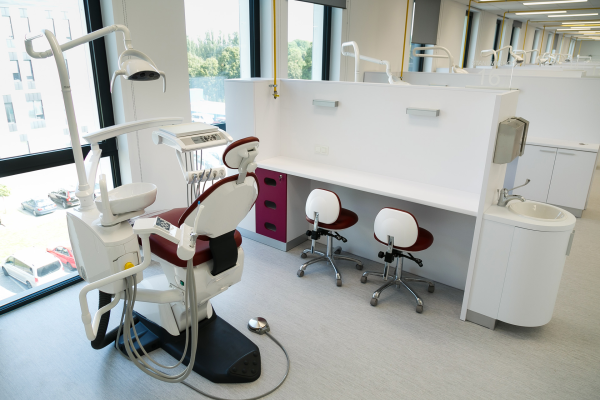

The Faculty of Medicine and Dentistry of the Medical University of Warsaw maintains its position as the best place to study dentistry in Poland. The English Dentistry Division was launched in the academic year 2012/2013.
As of 2020, students are taught and trained with world-class equipment in the Faculty of Medicine and Dentistry’s new ultra-modern University Dental Center located on the Medical University of Warsaw’s main campus.
Dentistry is not an easy ride, but it is a rewarding one. As a medical qualification, both the entry requirements and the course demands are rigorous, as befits a process which allows you to treat and operate on patients. Studying dentistry is a varied and dynamic experience, which develops as the five-year course progresses.
Even if you decide not to pursue a career in dentistry after graduating, you will have acquired a vast range of skills, and a demonstration of commitment, which will give you solid prospects in many fields. Over your five years of study, you will have mastered a high degree of technical expertise, resilience and stamina, advanced people skills, and many other desirable traits. - What does the first year study look like?
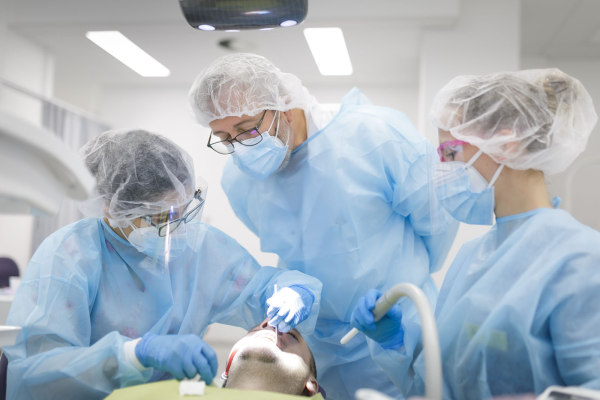
The first year generally gives a solid grounding for the field, primarily in lectures and seminars. The second year offers chances to begin specialization in certain areas of dentistry, and from the third year you will begin to amass practical experience. You will have the opportunity to observe specialists at work and treat your own patients under supervision. - Is there any way to prepare for the first year of study to make it easier?
Here are my 10 golden rules:- Learn to manage your time wisely
- Be organized
- Know your anatomy!
- Find your personal studying strategy quickly!
- Do something other than dentistry
- Get to know your peers & years above!
- Keep healthy
- Always be professional
- Use your time effectively
- Ask for help early- We are there for you!
- Are there a lot of practical classes in the first year?
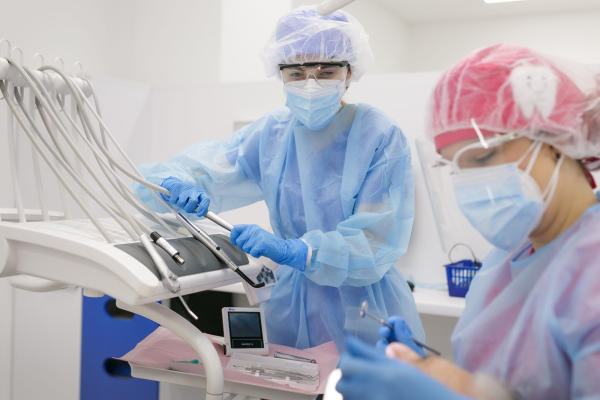
Throughout their first year students acquire a basic knowledge in subjects such as anatomy, biology, or chemistry. You will be introduced to the clinical training (under supervision) from the second year, starting pre-clinic classes and then from the third year clinical attachments with patients. - What kind of classes can students choose during their studies at the University?
Undergraduate dental degree, when you are trained to become a dentist, takes five years to complete. Our program includes all essential and mandatory classes, (you don’t get a choice of subjects to study each year - all are obligatory), that are necessary for you to start your dental career. - What is the path after completing dental studies?
Dentistry program is compliant with EU standards. After completing a five-year program, a graduate must obtain a license to practice and work in the selected country. In Poland it involves passing the LDEK exam and completing one year of internship (practicing general dentistry under supervision). Dentists who want to continue their education have a possibility to start residency programs in the field of periodontics, oral surgery, orthodontics and more. If you are willing to pursue a scientific career, you can apply for Ph.D. studies.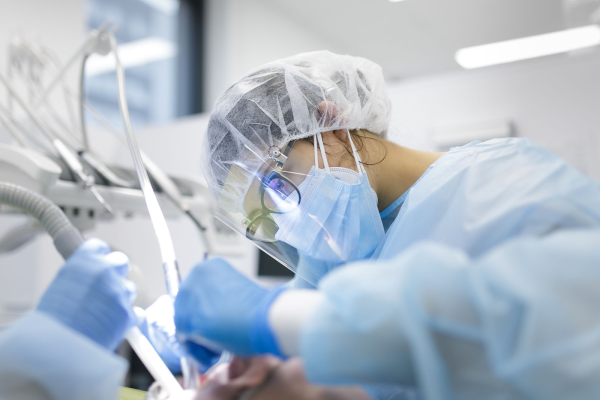
- What does the labor market look like after graduation?
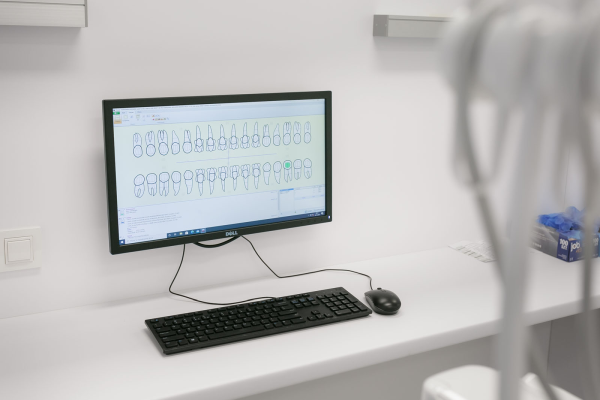
Dentistry offers a very clear career path for students, one with an outstanding salary and employment prospects. The rapid development of scientific technology makes dentistry a fast-paced and exciting industry to work in. Emerging technologies introduce new specialties to the field and in addition to the many sub-sets you can already choose from: conservative dentistry and endodontics, orthodontics and dentofacial orthopedics, pediatric dentistry, periodontics, prosthodontics we well as oral and maxillofacial surgery. - Any final advice from your older colleagues?
As Henry Ford once said, “Anyone who stops learning is old, whether at twenty or eighty. Anyone who keeps learning stays young”. Never lose your curiosity, lifelong learning is a key to success. Always update and enrich your knowledge to become better and achieve more.
Dentistry grants many unique opportunities, ambitious challenges and visible rewards. Being a service-oriented profession, it offers a chance to help people by improving their oral and general health, self-confidence and self- image.
Good luck,
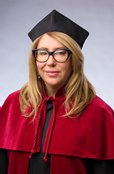
Professor Agnieszka Mielczarek, DMD, PhD
Vice Dean for Education